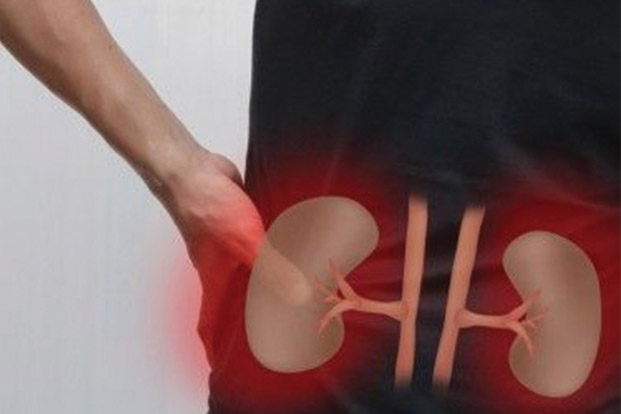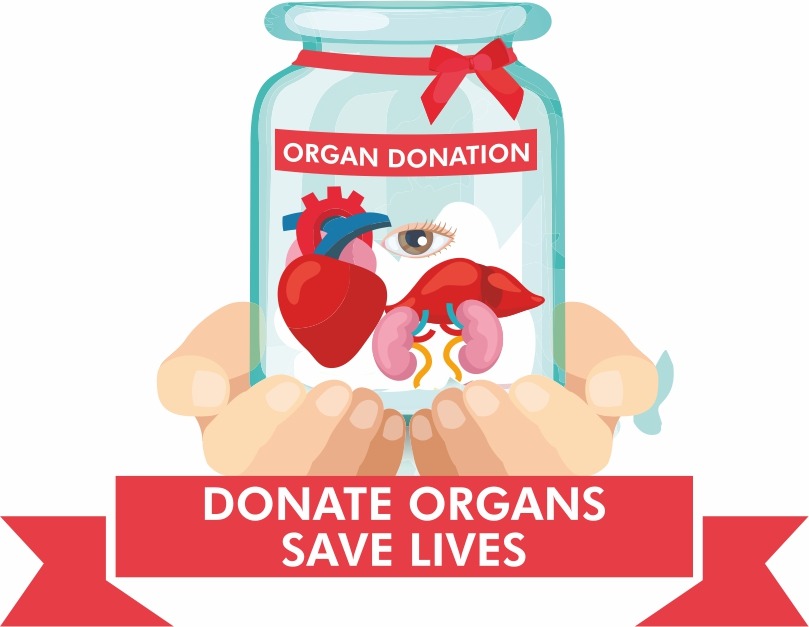Categories
- Bariatric Surgery (11)
- Black Fungus (5)
- Bone Marrow transplant (3)
- Brain Tumor Surgery Navigation Technology (20)
- Cardiac Surgery (66)
- Cardiology (97)
- Computer navigation technology for joint replacements (20)
- Covid Vaccination (17)
- Critical Care (2)
- Dental (19)
- Dermatology (31)
- Dialysis Support Group - “UTSAAH” (11)
- Dietitian (33)
- Emergency Medicine (4)
- Emotional Health (11)
- Endocrinology (33)
- ENT (20)
- Gastroenterology and GI Surgery (53)
- General and Laparoscopic Surgery (21)
- General Surgery (4)
- Gynecology & Obstetrics (183)
- Hematology (20)
- Internal Medicine (294)
- Kidney Transplant (50)
- Kidney Transplantation (20)
- Lung Cancer (8)
- Minimal Invasive Surgery (1)
- Mother & Child (20)
- mucormycosis (5)
- Nephrology (61)
- Neurology (147)
- Neurosurgery (68)
- Nutrition and Dietetics (107)
- Omicron Variant (1)
- Oncology (288)
- Ophthalmology (10)
- Orthopaedics & Joint Replacement (86)
- Paediatrics (59)
- Pediatric Nephrology (3)
- Physiotherapy (5)
- Plastic & Reconstructive Surgery (6)
- Psychiatry and Psychology (90)
- Psychologist (28)
- Pulmonology (72)
- Rheumatology (13)
- Spine Services (21)
- Transradial Angioplasty (16)
- Urology (84)
Query Form
Posted on Apr 19, 2022
How successful are kidney transplant surgeries?
End Stage Renal Disease (ESRD) cannot be treated with conventional medical treatment. Dialysis and kidney transplant are the only treatment for this condition. Kidney transplantation means replacement of the failed kidneys with a working kidney from a donor.
What to expect from a Kidney Transplant?
Failure of transplant kidney is reported in about 4 percent of deceased donor kidney transplant recipients within 1 year after transplant and 21 % of the case after five years of transplant. Among living donor kidney transplant recipients, the failure rate is about 3 percent at one year and 14 percent at five years after transplant. Living donor kidneys function, on average, 12 to 20 years and deceased donor kidney from 8 to 12 years. Patients who get a kidney transplant before dialysis live an average of 10 to 15 years longer than if they stayed on dialysis. The success rate of kidney transplantation varies depending on whether the donated organ is from a living donor or a deceased donor as well as the medical condition of the recipients. A kidney from living donor generally lasts longer.

What happens in a Kidney Transplant?
In a kidney transplant surgery, the new kidney is placed in the lower abdomen and both kidneys that are present from birth are left intact until there is an indication for their removal. The donated kidney is placed into the lower abdomen where it is easiest to connect it to important blood vessels and bladder. Putting the new kidney in the abdomen also makes it easier to take care of any problems that might come up. The operation generally takes about four hours. If the kidney came from a living donor, it should start to work very quickly. A kidney from a deceased donor can take longer to start working—two to four weeks or more. If that happens, the patient may need dialysis until the kidney begins to work.
A kidney transplant is an elective surgery. Before transplantation, the donor is evaluated throughout in various steps. First donor screening test was done and later on immunological work up. This test was done in view of assurance that after retrieval of one kidney from a donor, the donor should not develop any kidney problem throughout of his/her life.
The benefit of Kidney Transplant Surgery:
- Better quality of life in term of life pattern, livelihood and psychosexual function
- Free from attachment to dialysis centre
- Free from diet and fluid restriction
- Kidney transplant is an attempt to make life as normal as before kidney disease
A kidney transplant is best treatment modality for a dialysis patient and it should be explained to each patient during initiation of dialysis.



